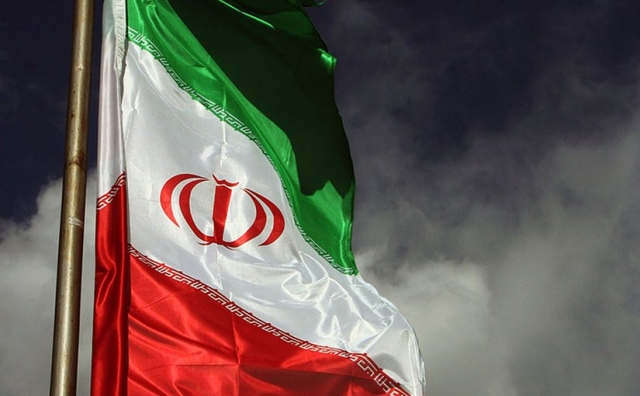Israel is so confident it can defeat Iran, it is publicizing that it will continue to hit Iranian targets in Syria, and even perhaps Iran as it has done the last decade with impunity. The most recent sign of this is the threat to take out high value Iranian targets, and the discussion of the idea in open public.
Ten years have passed since the first attack against Iran and its allies were attributed to Israel, beginning what is known in Israel as the campaign between the wars. In 2013 under the auspices of the civil war in Syria, the Israeli security establishment recognized that under the auspices of the arms shipments and forces sent by Iran as part of the joint effort with the forces loyal to the Assad regime, advanced weapons will also become within reach of Hezbollah.
The purpose of the first attack, according to various sources, was to damage a shipment of an air defense system that was supposed to reach Hezbollah. Later, the single attack developed into a method of operation. In the first years of this Israeli-developed strategy, Israel maintained ambiguity regarding these attacks, And the Syrians and Iranians did not respond publicly to them either. In those years, Israel gradually increased the scope of activity and attacks attributed to it against Iranian targets in Syria and other areas in the Middle East.
This is a space to watch: defense officials in #Israel believe a way to increase pressure on #Iran's leadership is to take out senior IRGC commanders. Would note the new director-general of Israel's MoD Eyal Zamir recently wrote a report on this subject.https://t.co/0pbV23gnQ8
— Jason Brodsky (@JasonMBrodsky) January 6, 2023
On the three-year anniversary of the assassination of Qasem Soleimani, former commander of the Quds Force, by the Americans, the prevailing position in the Israeli security system is that it is possible to increase the pressure exerted on Iran in the Middle East also by harming activists and senior members of the Revolutionary Guards, who play various key roles in Iran's efforts to establish itself in the region and in military projects In different areas. These assassination attacks may also increase the pressure on Iran in the price of its presence in Syria.
The Israeli government is indeed disturbed by the increasingly tight ties between Russia and Iran due to the war in Ukraine, but they believe that this does not harm Israel's freedom of action in Syria. Even as they increase activity, the air space coordination mechanism between the Russian and Israeli militaries whose purpose is to prevent friction between the armies is operating as usual.
Does Prime Minister Benjamin @netanyahu finally have the right defense minister in place to strike Iran and destroy its nuclear facilities? A look at @yoavgallant and why he may be the one to get the job done.@all_israel_news @jeremybob1 https://t.co/zp5rRAtpef
— Maayan Jaffe-Hoffman (@MaayanJaffe) January 6, 2023
Against the background of the appointment of Defense Minister Yoav Galant and the soon-to-be assumption of office of the incoming Chief of Staff Herzi Halevi, the continuous Israeli policy a decade after the operations against Iran began remains one of the central aspects of the security system.
However, it seems Israeli officials have revised their opinion and now claim that while attacks on Iranian targets within Syria are crucial for maintaining security, “neutralizing” Iranian military personnel or advisers is strongly being considered.


